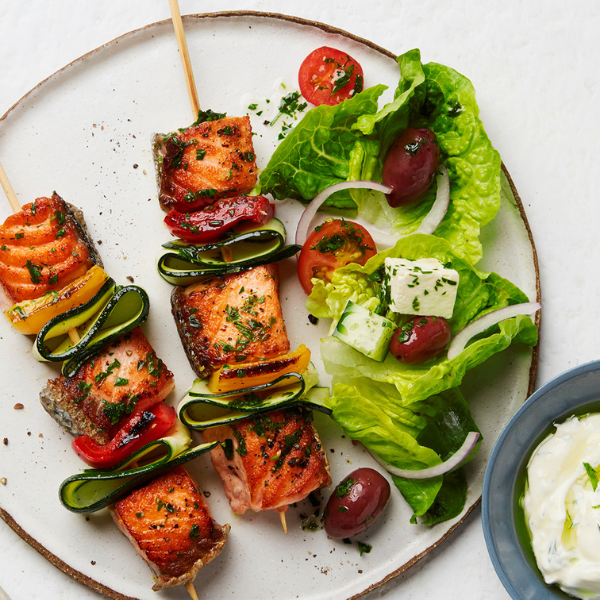Keeping your nutrition on track over the festive season
At this time of year, talk of diets and nutrition tends to focus on overconsumption and excess, with plenty of tips and tricks circulating with strategies on how to curb the festive eating. On the other hand, we hear far less about the smart food choices that can be made to support our nutritional needs and energy requirements at this busy time of year. Often, we are eating out and grabbing food on the run, and as a result failing to tick the nutrients that we need to help keep us full, satisfied and in control of our hunger. One of these nutrients is protein, which plays an especially important role in energy regulation. Whilst party food may be packed with plenty of processed carbs and fat – think fried canapés and cheese platters with minimal protein as part of these meals, it is possible to eat a whole lot of extra calories without feeling full or satisfied.
What is protein?
As one of the 3 key nutrients , protein is primarily found in animal-based foods including dairy, meat, eggs, fish like Tassal Atlantic Salmon as well as in smaller quantities in nuts, seeds and legumes. Unlike carbohydrates, the body requires a certain amount of protein each day to function optimally. Protein has many functions in the body including helping to make new cells, for muscle growth and repair, to build connective tissue including skin and bone, to carry oxygen around the body and to make the enzymes that digest food.
Why is protein so important?
Not only does protein play a functional role in the body, but as it is digested more slowly than carbohydrates, consuming adequate protein as part of a meal helps to ensure your blood glucose levels are regulated after eating . Getting enough protein at each meal and snack also helps to keep you full and satisfied, so you are less likely to get the munchies in between meals.
How much protein do I need?
Protein requirements differ between individuals but a rough guide is to aim for 1g of protein per kilo of body weight, or between 60-100g for an adult. In food terms this translates into meals that offer 20-30g of protein and snacks 5-10g. Often we consume overly large portions of protein at night, but lack adequate amounts throughout the day. Distributing your protein throughout the day is the best way to support absorption as well as energy regulation. In food terms this can mean that adding protein rich foods such as eggs, Greek yoghurt or Tassal Smoked Atlantic Salmon to your breakfast and lunch helps to ensure you are getting enough protein throughout the day.
What are some protein rich foods I can include in my diet during the festive season?
The great thing about Summer time in Australia is that there is an abundance of Aussie seafood that is packed full of essential nutrients including protein. A single, 150g serve of Tassal Atlantic salmon contains 30g of protein. This means that including protein rich salmon with any of your meals with a light salad or BBQ is an easy way to add a significant amount of good quality protein into your Summer meals. Or if grazing platter is more your style, simply including some Tassal Cooked & Smoked Atlantic Salmon is an easy way to add a protein rich option to compliment your dips, cheese and crackers.
Looking for delicious and healthy salmon recipes for the summer season? Check out our favourite recipes using Tassal Salmon below.
- Honey & lime salmon with black rice salad here
- Smoked salmon summer salad here
- Summer entertaining platter here
- Diced salmon middle eastern wraps here
Any views and opinions expressed in this blog belong solely to the original author of the opinion and can’t be attributed to the business or their blog.
This blog has been written by Susie Burrell.
References
The role of protein in weight loss and maintenance 1–5, 2015, Heather J Leidy, Peter M Clifton, Arne Astrup, Thomas P Wycherley, Margriet S Westerterp-Plantenga, Natalie D Luscombe-Marsh, Stephen C Woods, and Richard D Mattes





